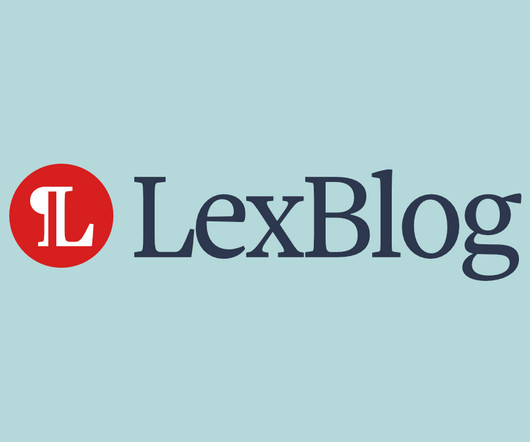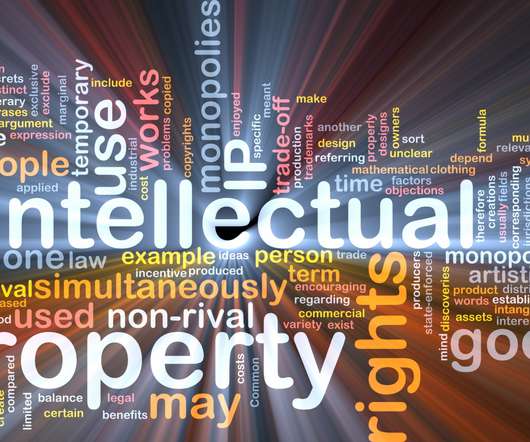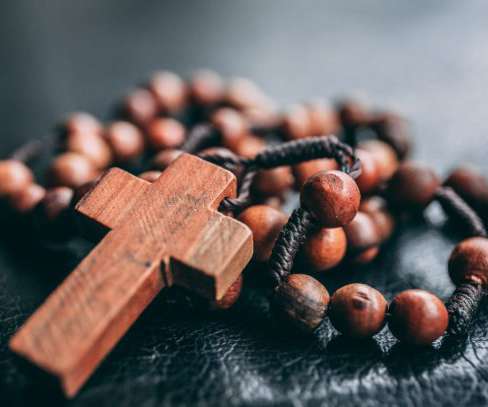SCOTUS Denies Cert in Thaler – The Thorny Issue of AI Inventorship
LexBlog IP
APRIL 25, 2023
History suggests the law will split inventorship down the middle and grant rights to those “portions” of an invention or copyrightable work that were created by a human, and avoid granting protection to the “portions” that were AI-generated. Copyright law does this well with the protection of derivative works.














Let's personalize your content